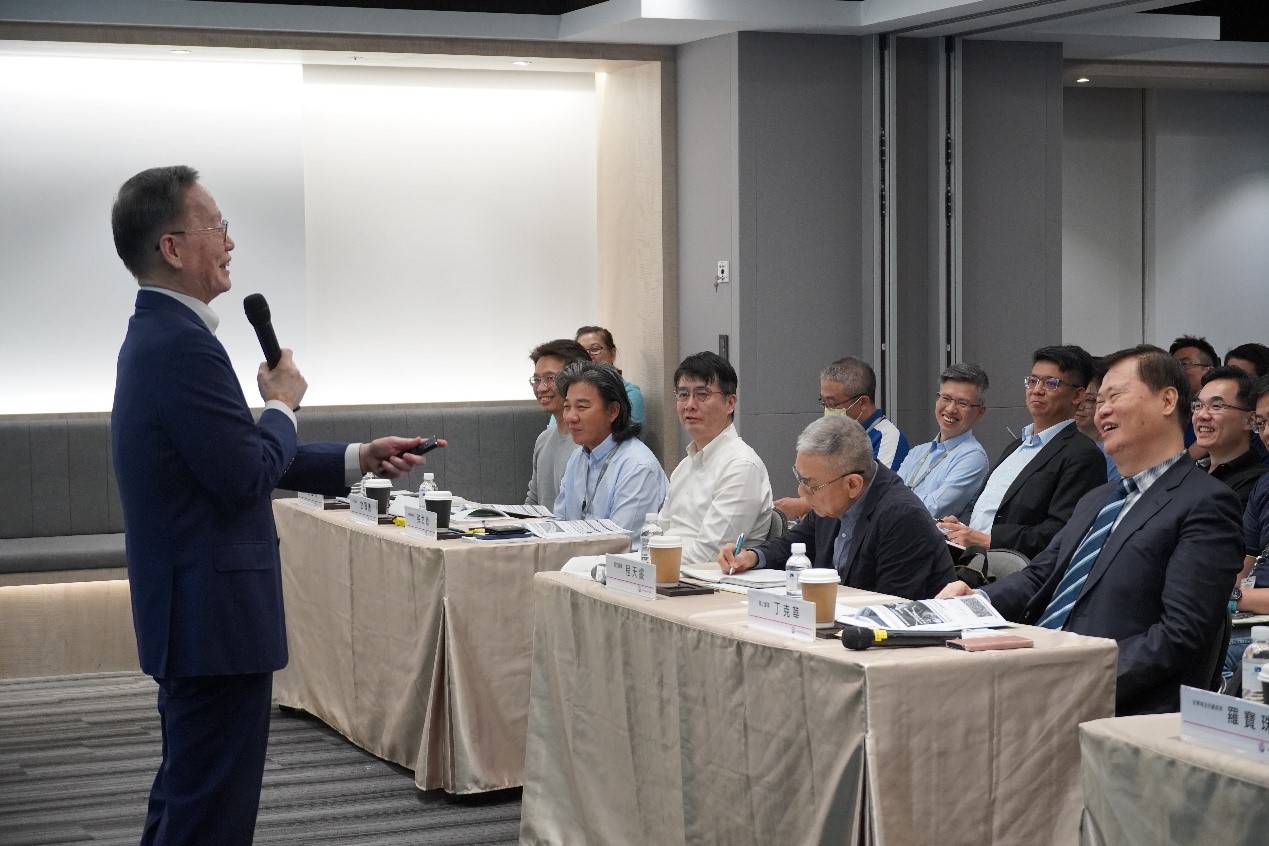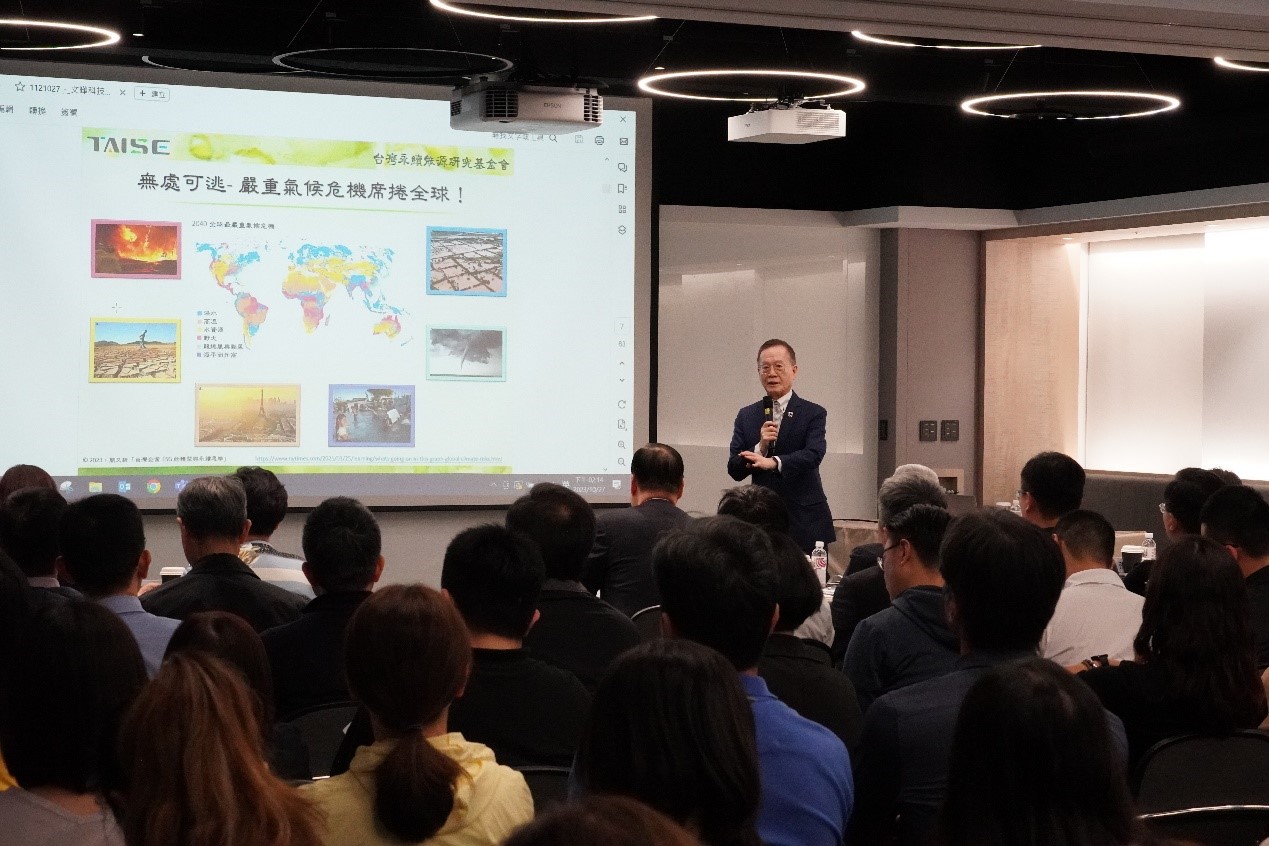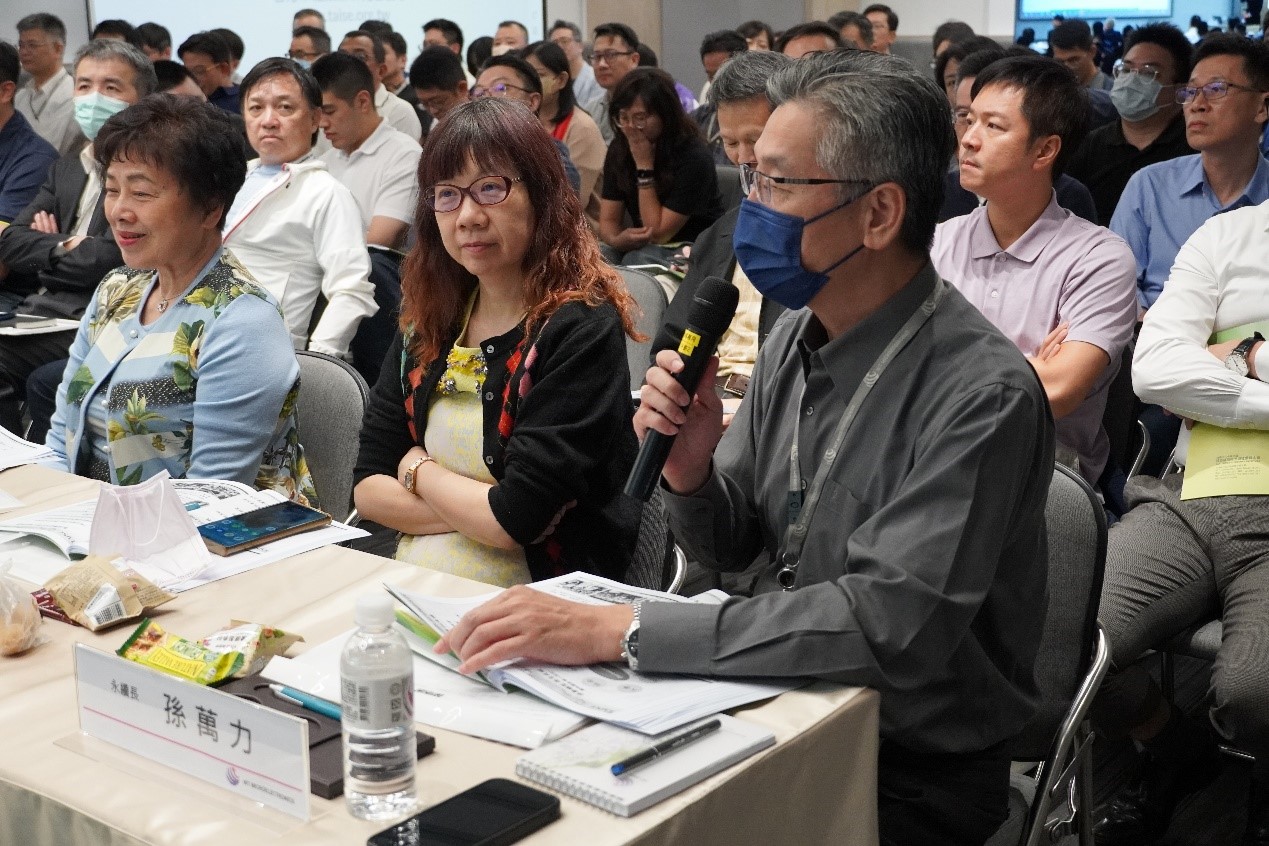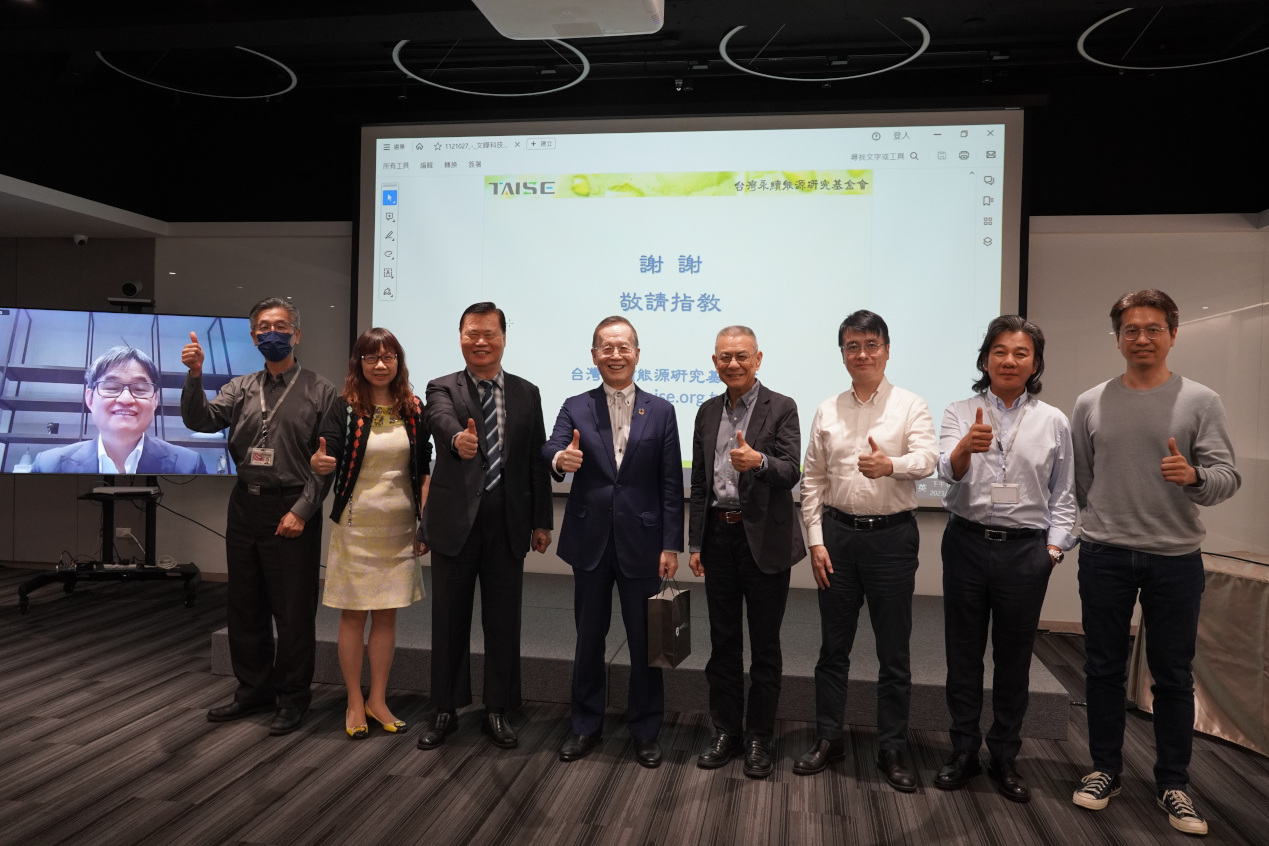The trend for corporate sustainability development is swift, comprehensive, global, and legally compliant
How will Taiwan attain net-zero emissions by 2050? This is a key issue that all TWSE/TPEx listed companies in Taiwan are facing in order to fulfill the sustainable development responsibilities borne by their board of directors. As the deadline approaches and exponential amounts of information are generated, the National Development Council announced at the end of March in 2022 transitional strategic paths encompassing the four major directions of energy, industry, lifestyle, and society. Meanwhile, the Financial Supervisory Commission is also aggressively tackling environmental issues through financial means, launching the “Green Finance Action Plan” to drive the financial industry’s exertion of financial influence.
Sustainability concerns are present on a global scale. Therefore, leaders from 150 countries attended the 21st Conference of the Parties (COP21) to the United Nations Framework Convention on Climate Change (UNFCCC) and supported the Paris Agreement. Subsequently, 34 countries, 41 local governments, and 11 major automakers signed the pledge to ban the sale of gasoline and diesel vehicles at the 26th COP summit (COP26). In terms of the global aviation industry, 23 countries have signed a pledge to ensure that airlines, airports, and aircraft and engine manufacturers are carbon neutral by 2050. Furthermore, 22 countries have signed a green shipping pledge to support the construction of 6 green shipping corridors by 2030; in addition, 200 companies have pledged to achieve scale and commercialization of net-zero ships and fuels by 2030. A total of 46 countries have pledged to phase out coal-fired power projects, and the Principles for Responsible Investment (PRI) international investor network has launched a disinvestment campaign to fully withdraw from the petrochemical industry.
From moral suasion to corporate sustainability standards, the corporate sustainable development trend, initially a broad concept or charitable endeavor, now with distinct PRI, is adopting a more precise direction with clear regulations, including CSR, ESG indicators, GRI standards, SFDR anti-greenwashing, etc.
In the future, carbon taxes and carbon fees will change the value and price of products, and carbon pricing and carbon trading will create a new international trade ecosystem. New challenges in international trade will begin with the implementation of the Carbon Border Adjustment Mechanism (CBAM) for carbon neutrality, and the related carbon footprint, carbon costs, carbon pricing, and carbon tariffs will start a long-term green inflation period. In addition, particular attention will be placed on management matters in non-financial reports.
In the next 30 years, the global golden age of transformation will include the energy transformation driven by optoelectronics, wind power, and smart grids; the production transformation brought by Industry 4.0 and AloT; the transformation of means of transportation, route planning, and bicycles; the digital transformation powered by AI, big data, and blockchain; and renovating buildings for energy efficiency and optoelectronics; as well as technological management of agriculture, forestry, fishery and animal husbandry, and natural carbon sinks.
It is widely believed that technological progress will contribute to the betterment of the climate and environment, including technological innovations in renewable energy sources such as solar energy, wind energy, and power grids; electric vehicle batteries and long-term power storage technology, battery recycling, chemical fiber recycling, heat recovery and plastic recycling, among other circular economy advancements; geothermal energy, heat pumps, and electrical equipment, among other building technologies; industrial process technological innovations such as thermal resource electrification, green hydrogen-based steelmaking, and green cement production processes; as well as hydrogen electrolysis methods, hydrogen fuel cells, and methane cracking procedures. There will also be technological innovations in advanced biosynthesis and electrosynthesis of sustainable fuels; carbon capture, storage, and removal technologies; precision agriculture; regenerative technologies for crop retention; alternative proteins; and many more natural solutions.
It is becoming increasingly arduous to ensure the longevity of companies. In response, they must set clear short-, medium-, and long-term visions and strategies, and leaders must uphold their commitments and statements, which will be helpful in shaping the sustainable development culture of companies. Furthermore, it is essential for companies to base their goals and visions on the principles of sustainable development, including economic growth, social justice, and environmental protection. Companies must particularly take note that “CSR strategies without the participation of employees are simply public relations,” said Eugene Chien. CSR without HR is just PR. In order for companies to thrive, they must comprehensively improve their corporate value and competitiveness, establish an external image, build an internal corporate culture, and achieve sustainable development.
Eugene Chien highlighted that companies need to understand the opportunities brought by the net-zero transformation, and industries across the board require greater innovation and change. By actively reforming on-the-job education and promoting a culture of continuous learning for employees, we can jointly propose interdisciplinary, cross-border, and cross-cultural solutions, and actively pursue and establish international partnerships.





